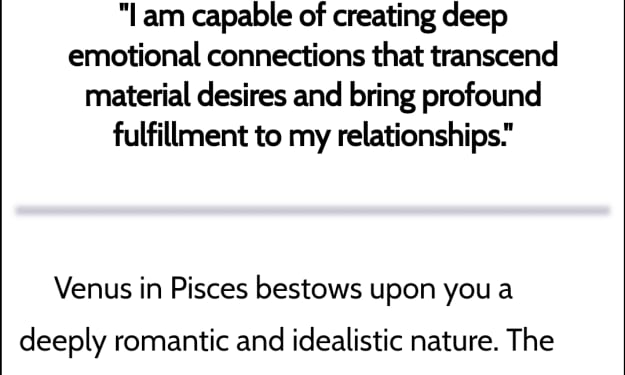The Origins of Humankind
Tracing Our Evolutionary Journey

The story of humankind is one of the most fascinating and complex tales in the history of our planet. It is a story that spans millions of years, from the earliest hominids to the modern humans of today. While much of our evolutionary journey remains shrouded in mystery, scientists have pieced together a remarkable picture of our origins and how we came to be the dominant species on Earth.
Our story begins around 6 million years ago, in the forests of Africa. It was here that our earliest ancestors, known as hominids, first began to evolve. These early hominids were small, bipedal primates with a mixture of ape-like and human-like characteristics.
Over the next few million years, the hominid lineage would undergo a series of profound changes. Our ancestors developed larger brains, better dexterity, and a range of other adaptations that helped them to survive and thrive in their environment.
One of the most significant developments in our evolutionary history was the emergence of the genus Homo, which includes our own species, Homo sapiens. The first members of the Homo genus appeared around 2.5 million years ago and were characterized by their larger brains and more advanced tool-making abilities.
The earliest Homo species, such as Homo habilis and Homo erectus, were able to adapt to a wide range of environments and were the first hominids to leave Africa. They spread across much of the world, from Asia to Europe to the Americas, and developed a range of different cultural and technological innovations.
As time went on, the Homo genus continued to evolve and diversify. By around 200,000 years ago, our own species, Homo sapiens, had emerged in Africa. Over the next few tens of thousands of years, Homo sapiens would spread out across the globe, eventually becoming the dominant species on Earth.
The exact details of how and why Homo sapiens came to dominate the planet are still a matter of debate among scientists. Some believe that our species was simply more adaptable and better able to thrive in a changing environment, while others argue that we possessed unique cognitive abilities that allowed us to outcompete other species.
Whatever the reasons for our dominance, there is no denying the incredible achievements of Homo sapiens. We have developed complex societies, advanced technologies, and a range of cultural traditions that have allowed us to flourish on a scale that was previously unimaginable.
Despite our many successes, however, it is important to remember that our species is just one of many that have existed on Earth. We are a part of a larger web of life, and our survival is intimately connected to the health and well-being of the planet as a whole.
As we look to the future, it is clear that there are many challenges facing humankind. From climate change to political instability to pandemics, we face a range of complex and interconnected issues that will require global cooperation and collaboration to overcome.
But as we have seen throughout our evolutionary history, humans are a remarkably adaptable and resilient species. We have faced countless challenges in the past, and we have always found a way to overcome them.
In conclusion, the story of humankind is one of the most remarkable and complex tales in the history of our planet. From our earliest hominid ancestors to the modern humans of today, we have undergone a remarkable evolutionary journey that has brought us to where we are today. As we look to the future, it is important to remember that our success is intimately connected to the health and well-being of the planet as a whole. By working together and drawing on our innate resilience and adaptability, we can continue to thrive and overcome the challenges that lie





Comments
There are no comments for this story
Be the first to respond and start the conversation.